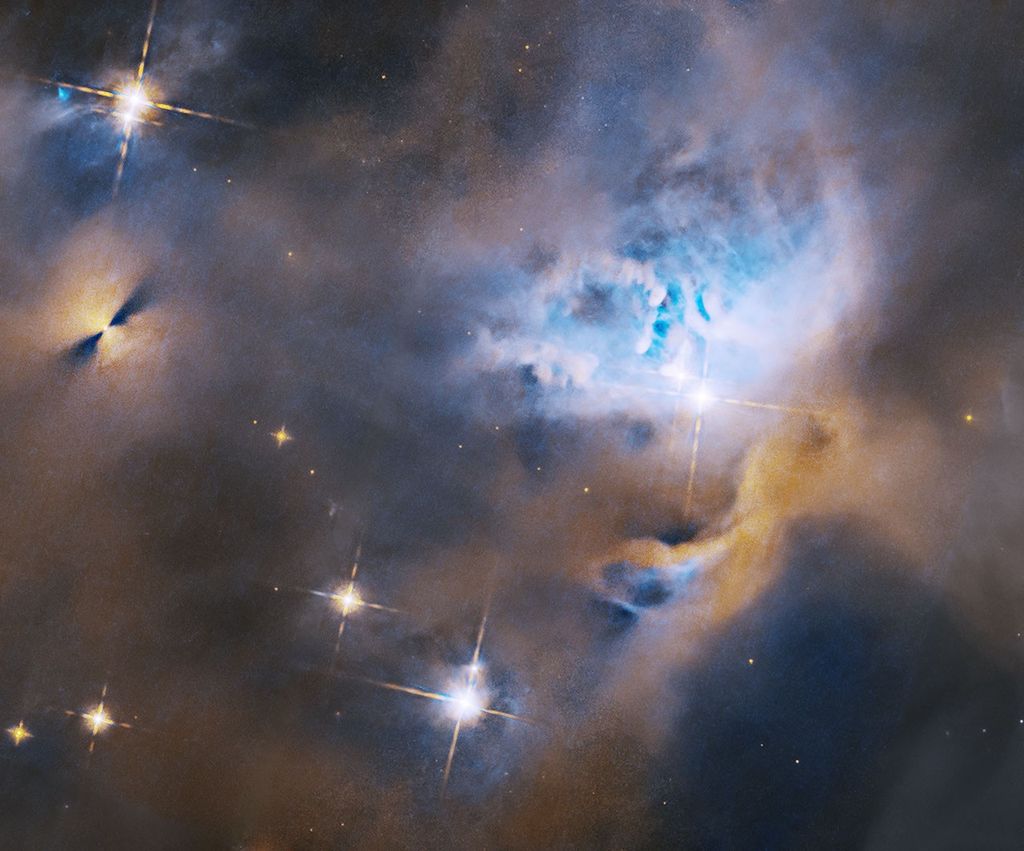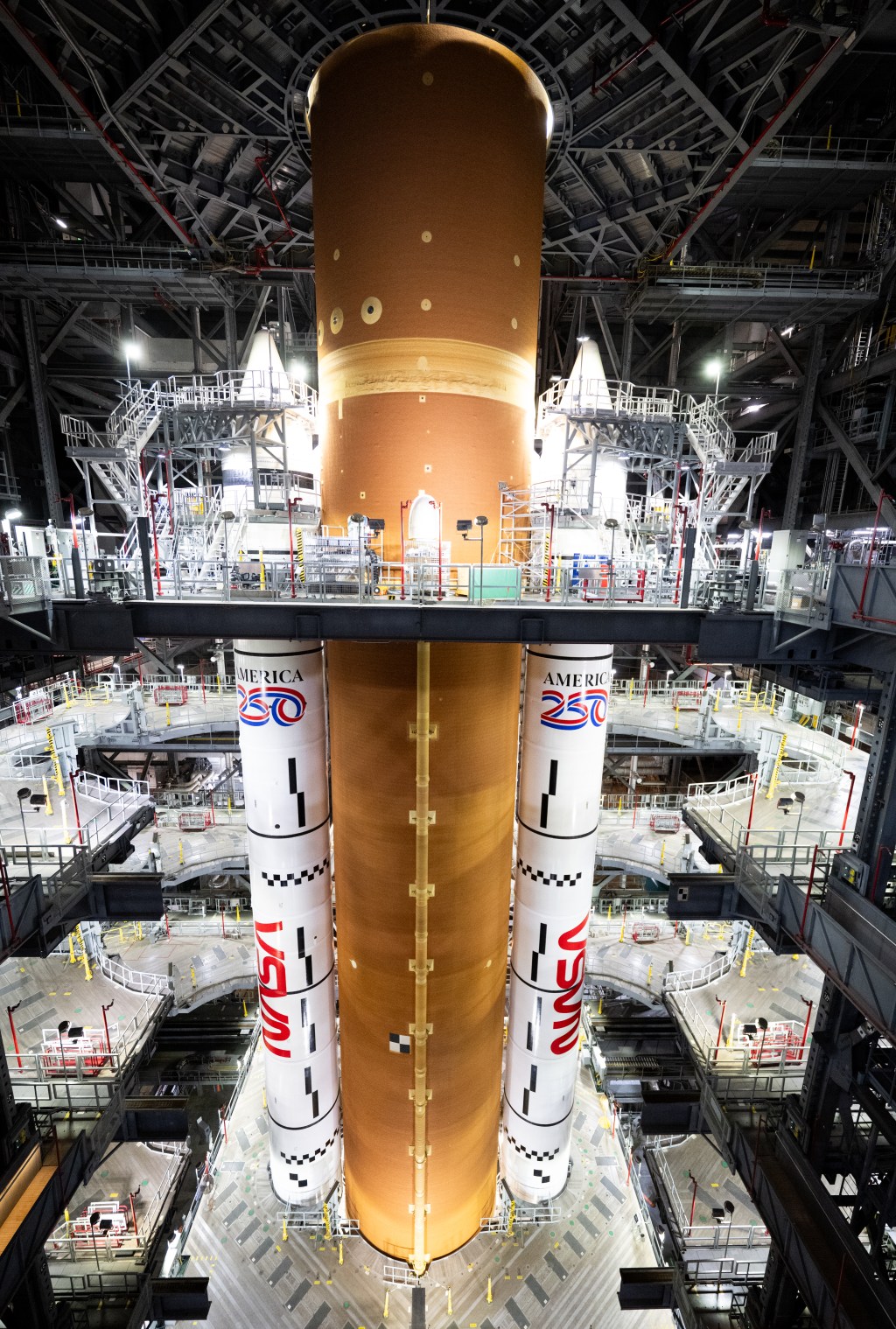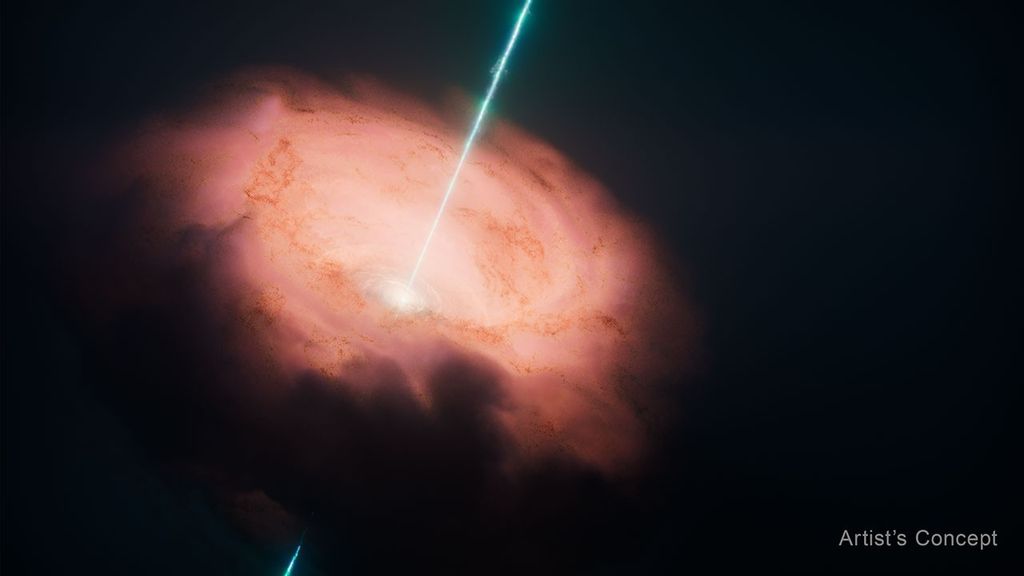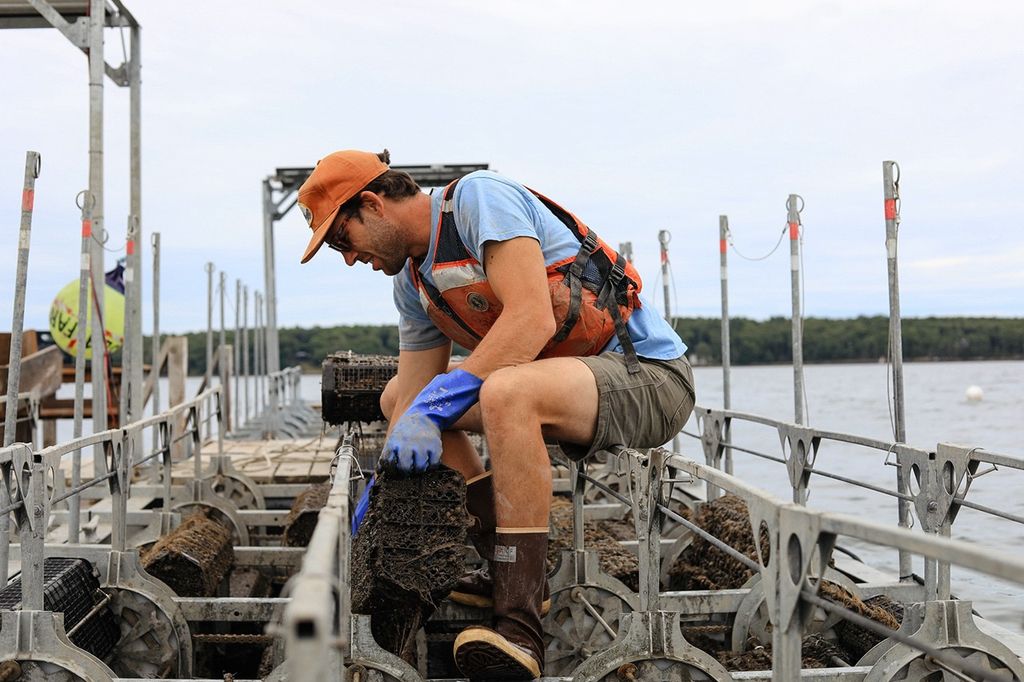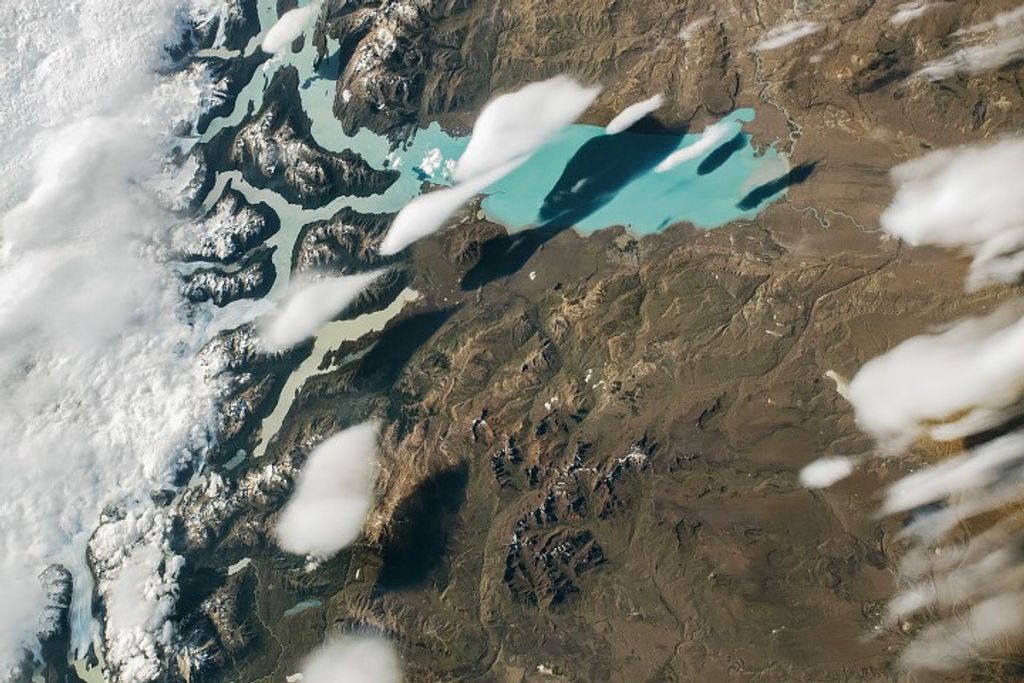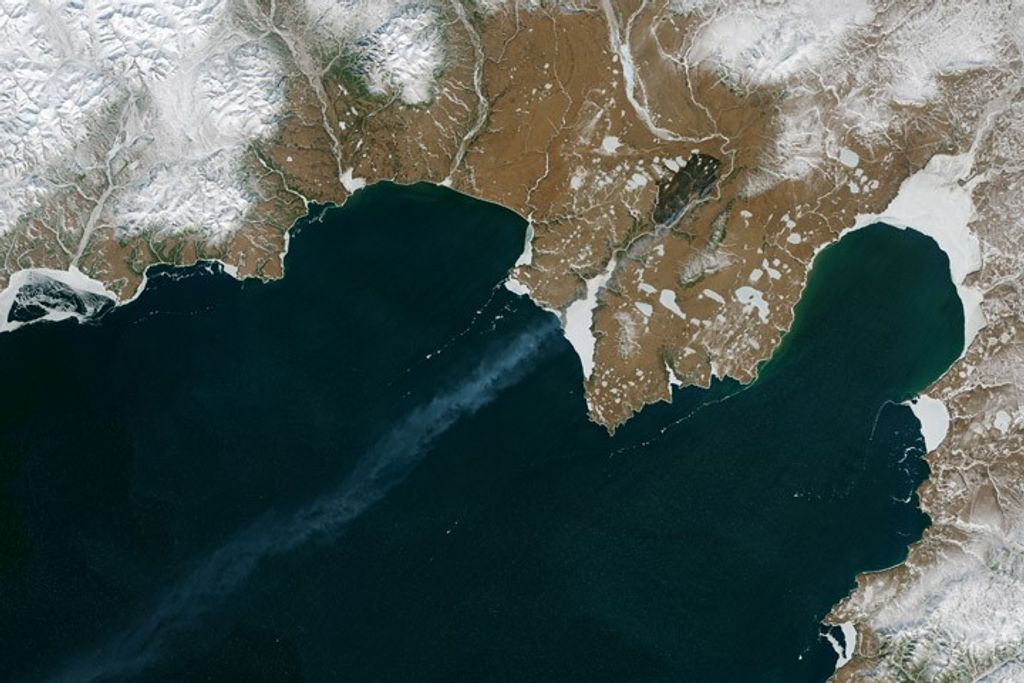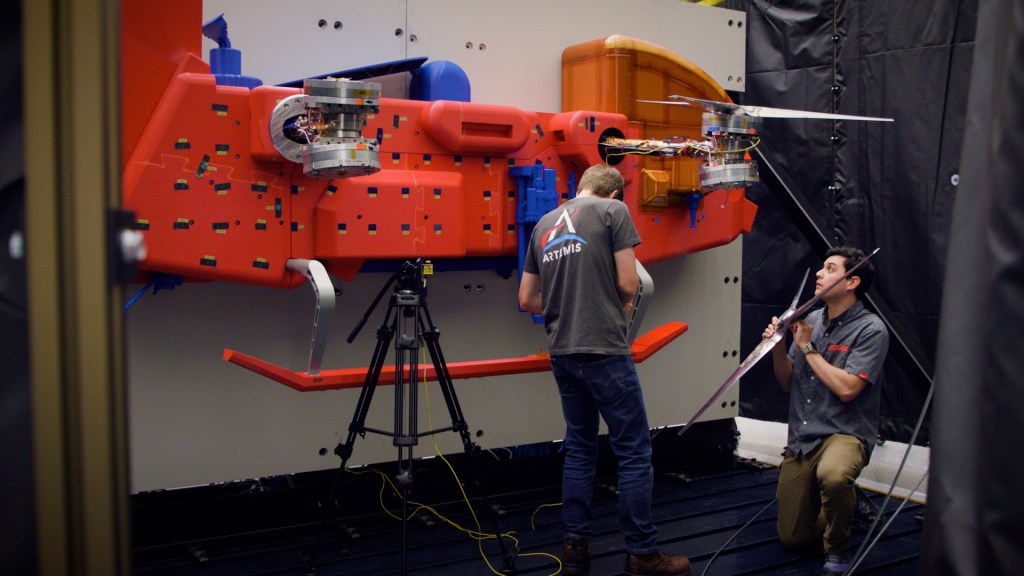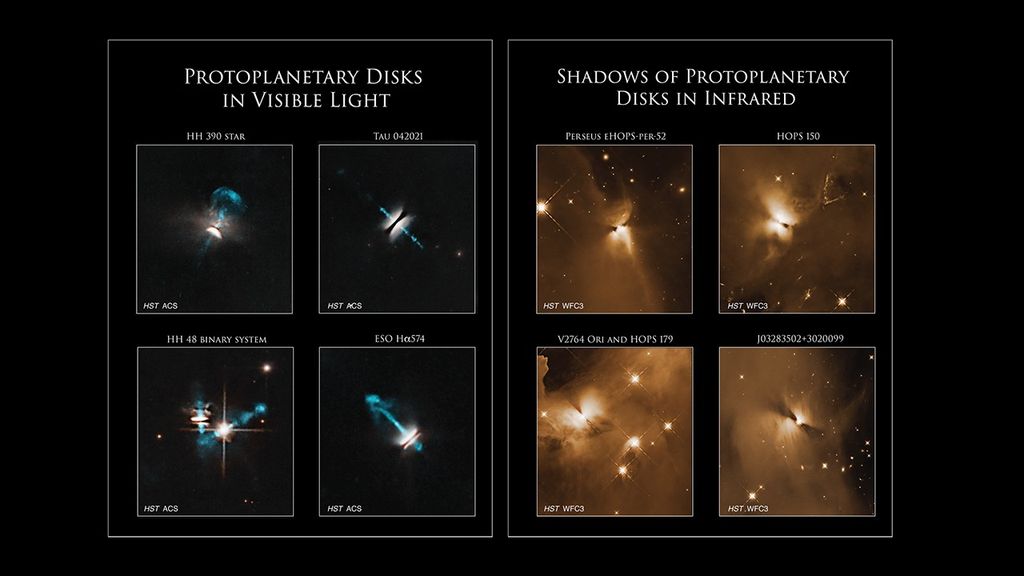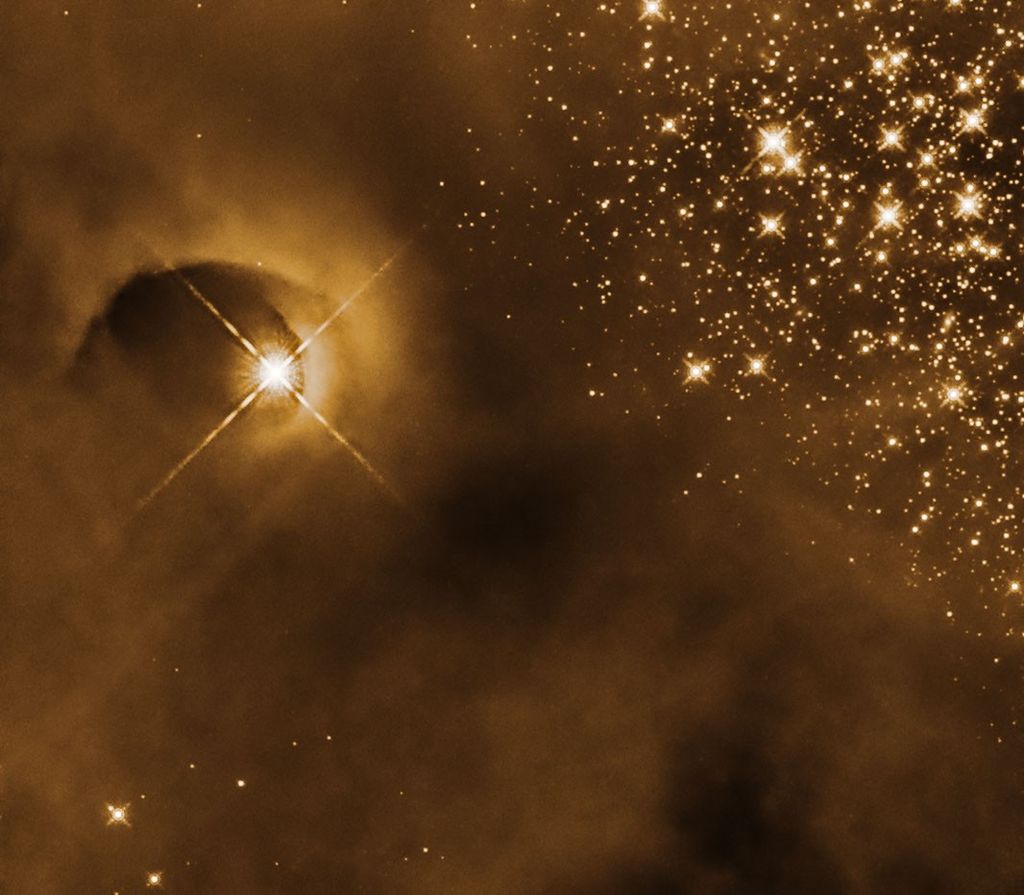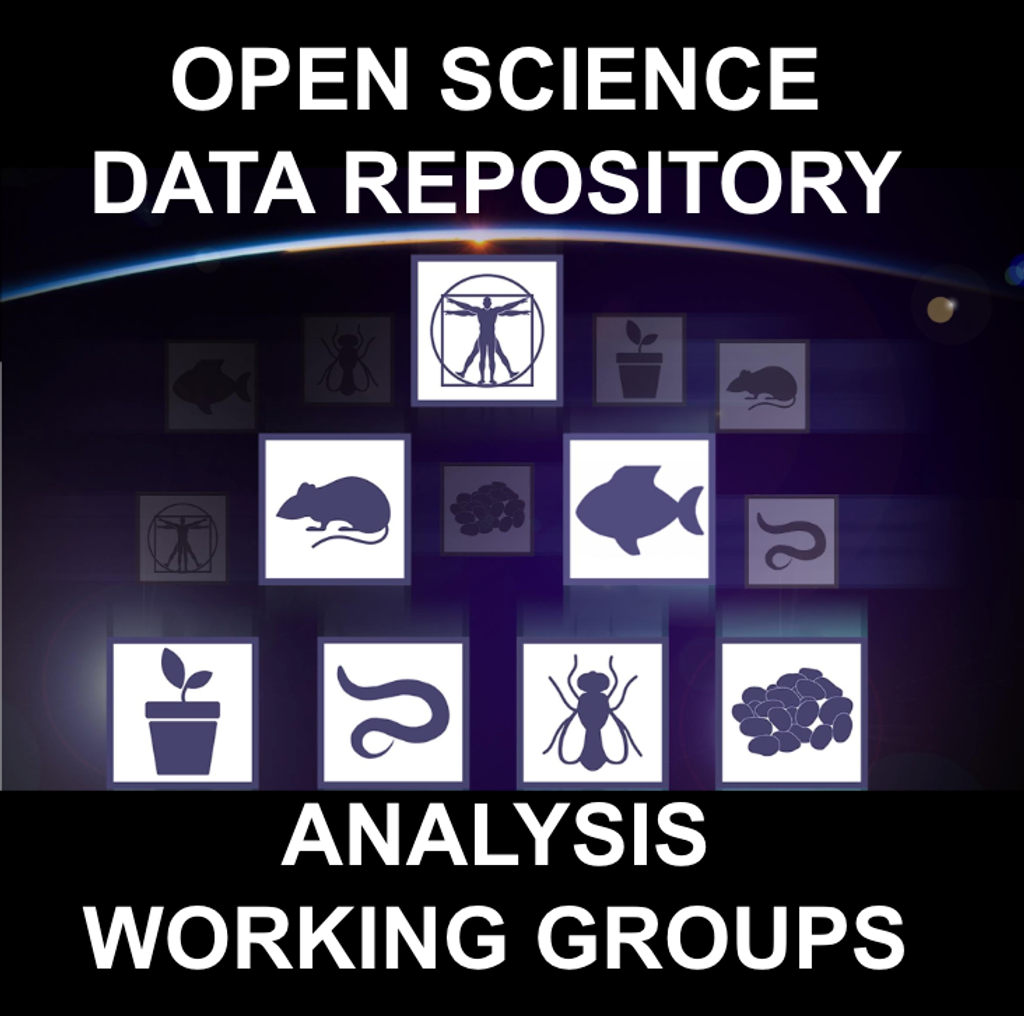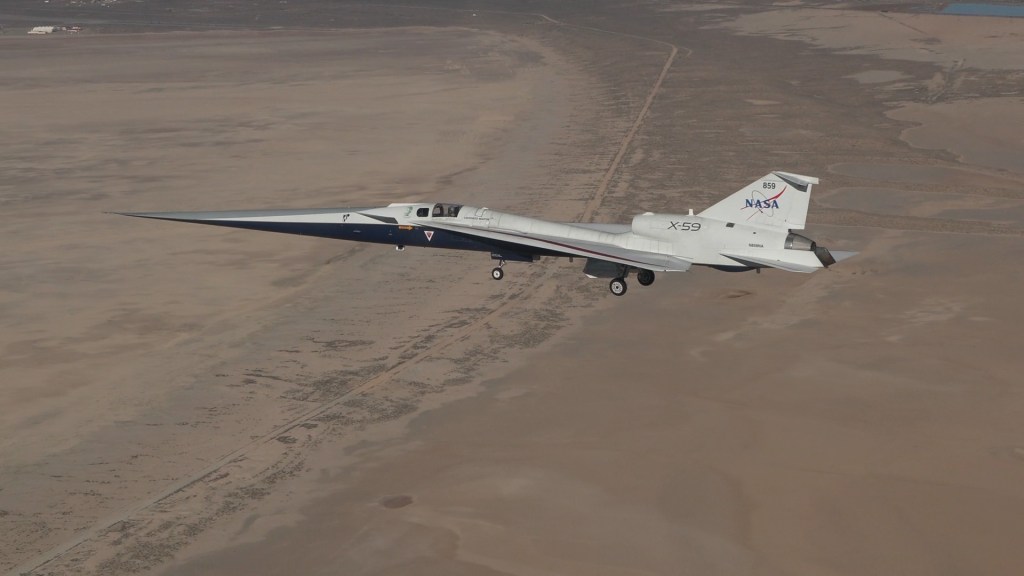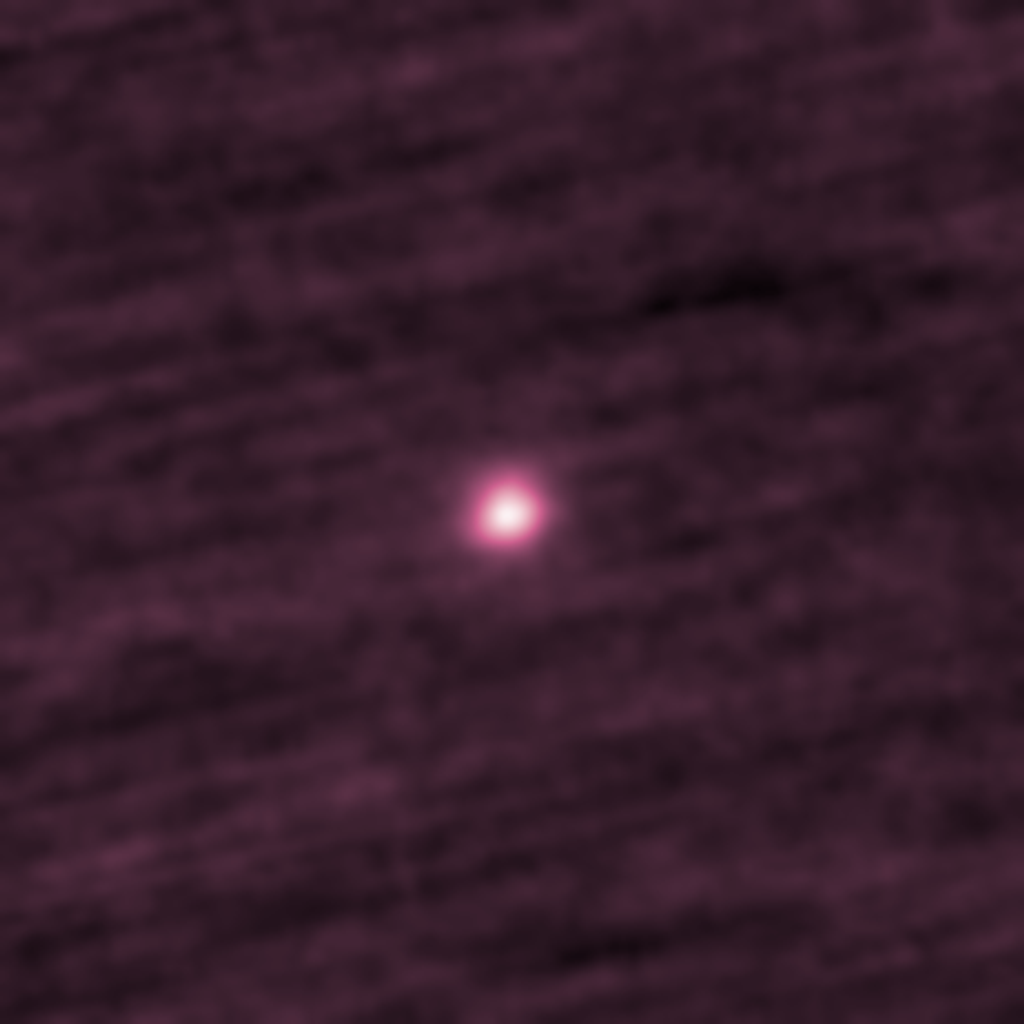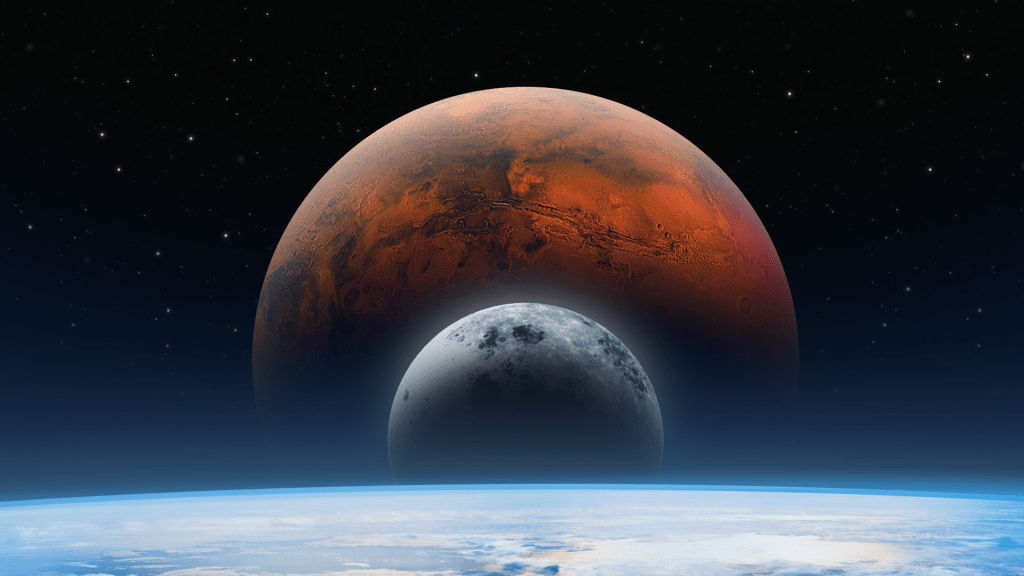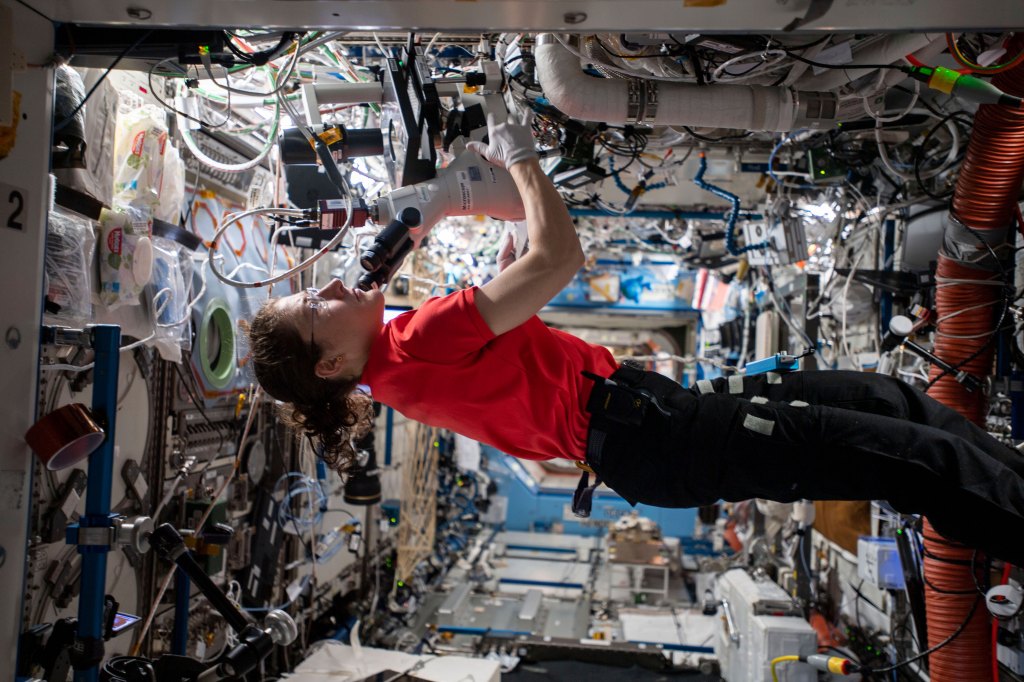SEAQUE (Space Entanglement and Annealing QUantum Experiment)
Principal Investigator: Dr. Paul Kwiat University of Illinois, Urbana Champaign, Urbana-Champaign, Illinois
Overview: This experiment aims to successfully allow quantum-level communication in space with the use of entanglement.
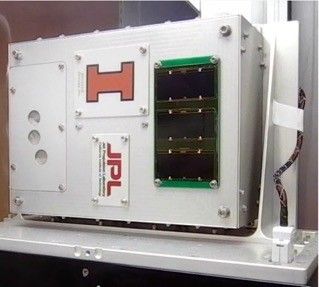
Science objectives:
- To create and validate a new technology in space to improve how quantum computers communicate
- To make communications easier and much stronger between quantum systems across significant distances
- To confirm the feasibility of devices that would allow secure connections between quantum receivers and transmitters far apart
Potential Earth applications:
- To connect quantum networks globally with distances hundreds to thousands of miles away
- To measure gravity changes down to the minute and gain new information on Earth’s place in the universe
Potential space applications:
- To increase communication of technologies in space at great distances apart
- To develop the basis of quantum cloud computing
- To create a technique to allow for the self-healing of space-based nodes damaged by radiation
Related resources:
Space Station to Host ‘Self-Healing’ Quantum Communications Tech Demo - NASA
NASA Science on Health, Safety to Launch on 31st SpaceX Resupply Mission
NASA’s Biological and Physical Sciences Division pioneers scientific discovery and enables exploration by using space environments to conduct investigations not possible on Earth. Studying biological and physical phenomenon under extreme conditions allows researchers to advance the fundamental scientific knowledge required to go farther and stay longer in space, while also benefitting life on Earth.

